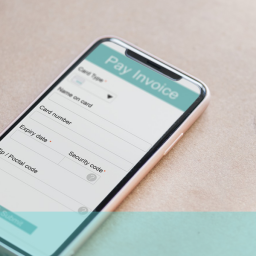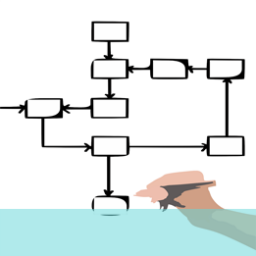
Google ranking factors and User Experience
“In general, webmasters can improve the rank of their sites by creating high-quality sites that users will want to use and share.” – Google Webmaster Guidelines
Google is the world’s leading search engine. If you want your site to be found, Google’s the tune you dance to. But what are the user experience issues that can also affect your rankings?
Global*
- Google – 70.53%
- Yahoo – 6.43%
- Bing – 5.7%
- Others – 17.34%
*Figures for September 2013
UK**
- Google – 88.82%
- Bing – 6.67%
- Yahoo – 3.28%
- Others – 1.23%
**Figures for September 2013
Google, user experience, and search engine rankings
Page load times
Google uses page load time as a factor in its search rankings. Reducing load time also has a beneficial effect upon user experience:
- 47% – the proportion of users who expected a web page to load in 2 seconds or less
- 40% – the proportion of users that abandoned a web page taking 3 or more seconds to load
- 8% – the proportion of users who cited slow loading pages as their reason for abandoning a purchase
Everybody loves to share. If you’re creating a good user experience, people will want to share it. If you’re not, they won’t. Google measures performance data – e.g. usefulness via social sharing, user engagement via click-back rates – and ranks accordingly.
- Users that share their own content – 46%
- Users that share others’ content – 41%
- Users that do one or the other – 56%
- Users that do both – 32%
23% of social media messages link to content
Crawl errors
When the Googlebot crawls your website, errors such as broken links, 404s, or service unavailability, are all negative signals. This reflects the frustration a user would feel, and can adversely affect both user experience and rankings.
- Ensure your site is signed up to Google Webmaster Tools, where you can track – and subsequently fix – crawl errors as Google finds them
User journey
Interruptions in the user journey, whether faulty redirections, interstitials, pop-ups, or anything else that adds an extra, unnecessary, operation, are bad for both user experience, and, consequently, Google rankings.
- 8% of internet users account for 85% of all clicks on display ads
Best advice: Get rid of annoying ads. Ensure redirections are in working order. Deliver what the user expects, without disrupting their journey.
A site offering a good user experience, increases referral traffic from social sharing, which also builds natural backlinks. All of which are good for your website’s search rankings.
Remember: A user-friendly website, is a Google-friendly website.


















yahoo
Google Ranking and User Experience